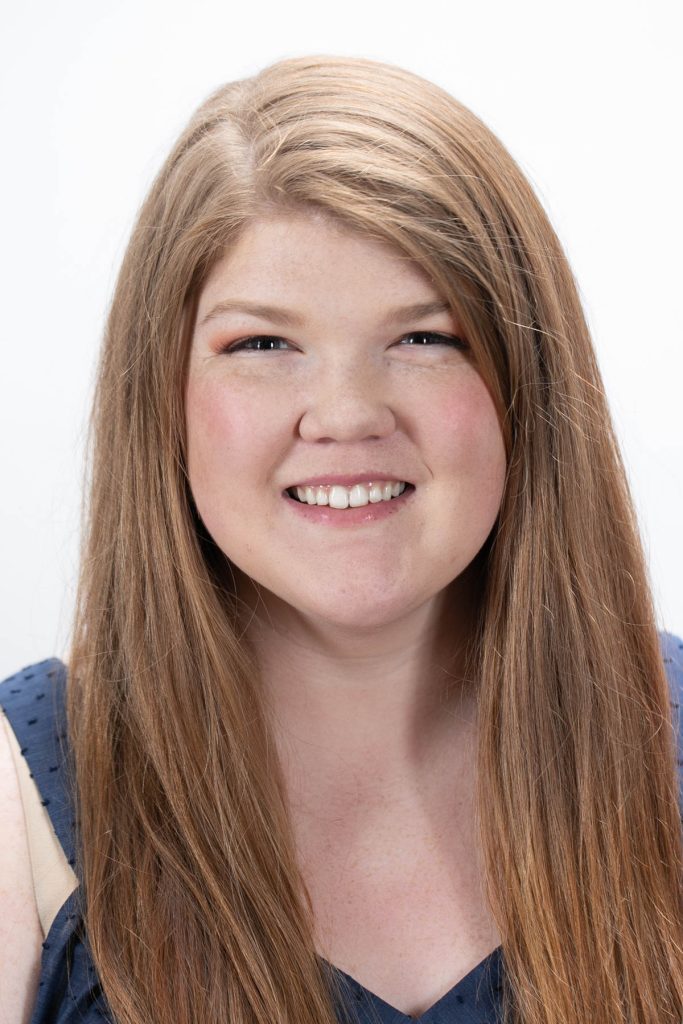W students contribute to Where Women Made History
Maggie Ellis needed a broader historical context.

Working to complete a bachelor’s degree in History, Ellis opted to take Dr. Erin Kempker’s Women in American History class because they felt it would help the research they were doing for their capstone project that was focused on 19th-century women’s history.
That’s when Ellis was introduced to the Where Women Made History project. Started by the National Trust for Historic Preservation, the initiative is designed to tell the full history of women gaining the right to vote in the United States.
Kempker’s class gave Ellis and fellow classmates an opportunity to learn and educate others about the history of Mississippi University for Women. In all, Ellis and the class submitted two entries about The W that can be seen at https://savingplaces.org/where-women-made-history#.Yw4MKX3MKUk. The entries, which focused on the “founding mothers” of Mississippi Industrial Institute and College for the Education of White Girls and the desegregation of The W, were limited to 1,000 characters, so the students had to be succinct when detailing their research.
“We went back and forth for several weeks about the best verbiage to get the most impact with the least characters possible,” said Ellis, who is from Forest and earned a degree from The W in May 2022. Currently, Ellis is working as a graduate assistant at the de Grummond Children’s Literature Collection at the University of Southern Mississippi. Audrey Littlejohn, a senior Interdisciplinary Studies student, agreed: “With so little space, we really had to narrow it down—we had so much more to say, too.”

Kempker, a professor of History in the Department of History, Political Science, and Geography, said her students had a lot of great essays and scholarship to draw on thanks to the work done by Drs. Bridget and Steve Pieschel and the students who researched desegregation in 2016. They then had to practice condensing their stories by focusing on the most essential elements.
“Any writer can tell you it is so much harder to write with fewer words than with many, so students really had to write, edit and then edit a whole lot more so that the narratives they created told the historical significance of the place but within the text limits of the project,” Kempker said. “It was a task to be sure, and students debated every word in those narratives.”
Kempker said students voted on which destinations/places to submit and there was a real consensus around doing the “founding mothers” of The W and the civil rights pioneers, who desegregated The W. She said students worked in two teams to get the submission images and narratives completed.
“As a result, our historic campus is well represented in this project that aims to tell the story of American women across the nation and prove that women make history in their local communities and their contributions, though too often unnoticed, need to be celebrated,” Kempker said. “We were proud to put W women on this map.”
Ellis said their group primarily utilized the book “Loyal Daughters: One Hundred Years at Mississippi University for Women, 1884-1984” by the Pieschels because everyone felt the research was substantiated and the book could lead them to other sources. She said she enjoyed working on the project and has plans to keep working on several research projects started as an undergraduate in 2021 and to seek publication for them.
“The process was intriguing as we had to focus on how we were utilizing our words, but Audrey and I spent an afternoon early on in the project laughing and cracking jokes as we dug through historic campus photographs in the archives to try and find one that represented our work the best,” Ellis said.